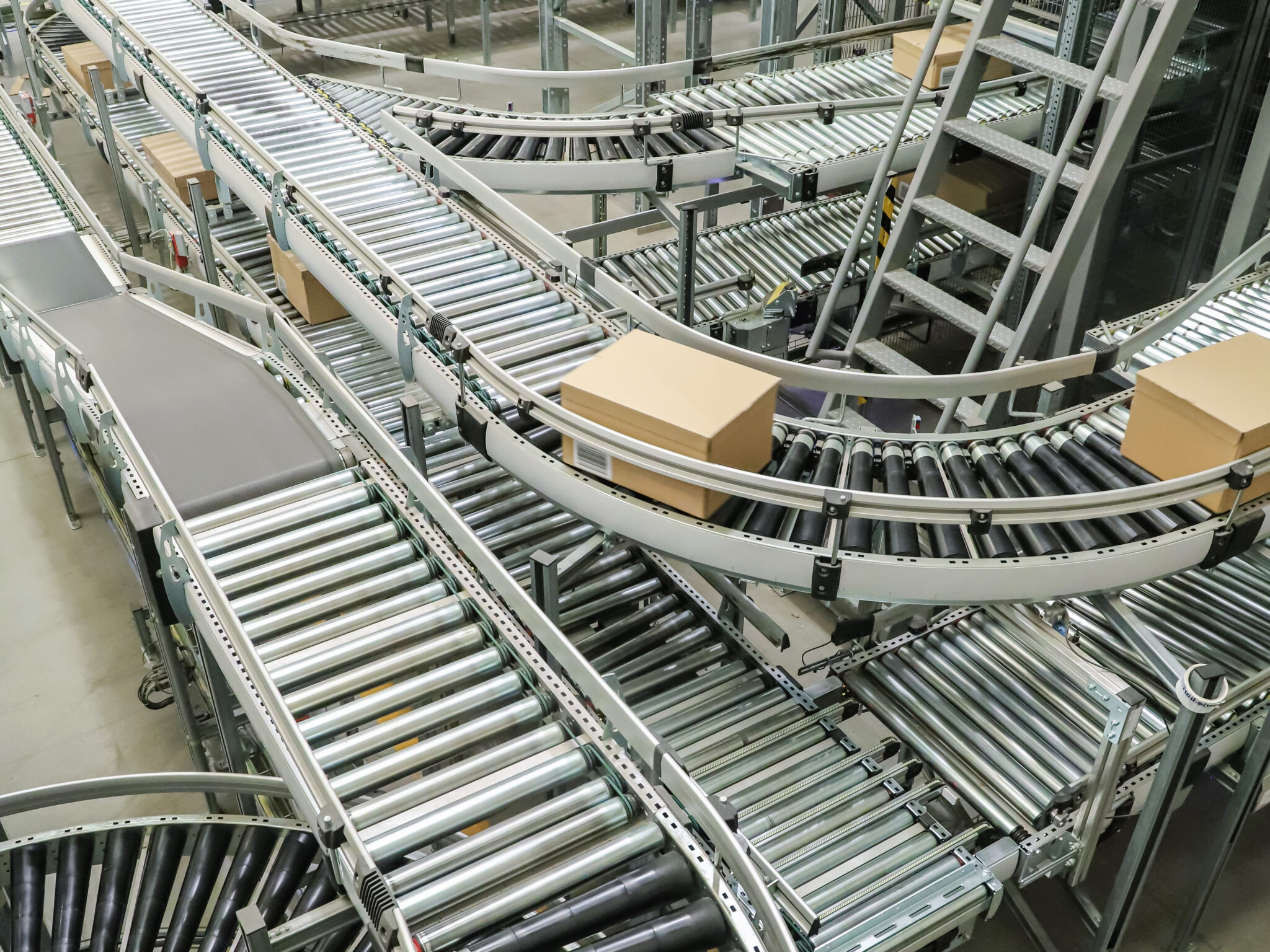The rise in Employer National Insurance in the UK is but one factor set to impact ecommerce packaging. What can be done to alleviate the pain? Jo Bradley (pictured below), Business Development Manager at Sparck Technologies suggests a hi-tech panacea.
If distribution and fulfilment operations ever did benefit from ‘cheap’ labour, a series of recent Government announcements has ensured that era is well and truly over. Controlling labour costs through automation is no longer optional – it’s a question of business survival.
In short order, the UK Government has first raised the minimum wage by significantly more than inflation to £12.21 an hour for workers over the age of 21, Employer National Insurance contributions are rising from 13.8% to 15%, and in a further twist, this will now apply to workers on annualised pay of as little as £5,000 rather than the previous £9,100.
That last provision in particular hits the many fulfilment operations that are heavily dependent on seasonal or casual employees to cope with peak in activity. This patten of employment is about to be even further challenged by the extension of a range of workers’ rights to ‘day one’ of employment. Details are as yet obscure, but they certainly aren’t going to reduce employment costs.
The response must lie with automation, but particularly in the current uncertain economic climate, few businesses can afford the investment or business disruption required to go ‘full Amazon’ across activities such as retrieval, order picking and internal transport. These tend to be heavily interdependent, and ‘step by step’ approaches can be problematic.
One area that for many fulfilment operations can be treated as a standalone project, with the prospect of significant reductions in labour requirement, and thus an attractively quick Return on Investment, is that of packing and labelling goods into cartons for transport. Ecommerce operations, in particular, can stand to reap big rewards in terms of savings in labour and material costs, as well as boosting productivity and performance at peak, if the right approach is taken. Our repeated customer experience is that using ‘fit to size’ automation to fold and build boxes around consignments – even of mixed and varied goods – followed by auto sealing, weighing and labelling, can see one or two operators replacing as many as twenty manual packing benches.
But in selecting automated packaging technology businesses shouldn’t focus on labour costs alone. There are other cost pressures looming, and other benefits to be reaped. On costs, the revised Extended Producer Responsibility regulations are about to come into effect. These are complex, involving fees and credit notes and a significant administrative burden, but at heart they involve a levy on the use of packaging materials. Precise rates are yet to be fixed but the Government’s current mid-point estimates are around £190 per tonne for paper and card, and a deliberatively punitive £425 per tonne on plastic packaging materials.

This is intended to encourage firms to reduce the use of packaging materials. Fortunately for ecommerce businesses the right form of packaging automation can also provide a highly effective solution to this issue too. Sparck’s ‘fit-to-size’ automated packaging systems not only minimise the use of card used, by tailor-making a box for each individual order, but can also eliminate the need for void fillers which are often plastic based.
Those savings can go straight to the bottom line. But there are other less easily quantifiable but nonetheless real benefits. Well-fitting boxes reduce the incidence of shock or crush damage in transit. They economise on the use of transport space, which can also yield cost savings, on fuel obviously, but also in warehouse labour as there may be fewer roll cages to push around. And right-sizing removes what research consistently shows to be one of consumers’ biggest gripes about e-commerce and home delivery – oversized boxes!
These factors together make a robust case for automation. But as employment costs bite, the labour-saving arithmetic of fit-to-size automation alone will undoubtedly present a fast and sure Return on Investment for many businesses.
similar news
“Fewer DC Workers, But More Skilled Openings” Claims Employment Report



